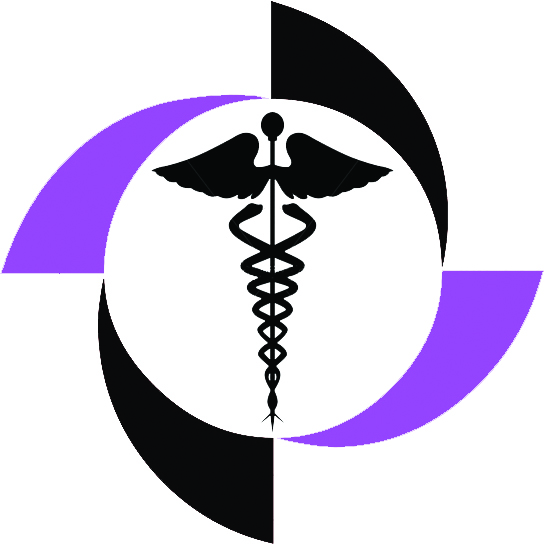| 1. | EFFECTIVENESS OF COMMUNITY PROGRAM ON HEALTH BEHAVIOR AND HYPERTENSION KNOWLEDGE | ||||
| Dr. Shashi Kala | |||||
|
|||||
 |
e-ISSN 2248-9169 |
|
Print - ISSN 2248-9150 |
||
| International Journal of Experimental Pharmacology | ||
 |
e-ISSN 2248-9169 |
|
Print - ISSN 2248-9150 |
||
| International Journal of Experimental Pharmacology | ||
| 1. | EFFECTIVENESS OF COMMUNITY PROGRAM ON HEALTH BEHAVIOR AND HYPERTENSION KNOWLEDGE | ||||
| Dr. Shashi Kala | |||||
|
|||||